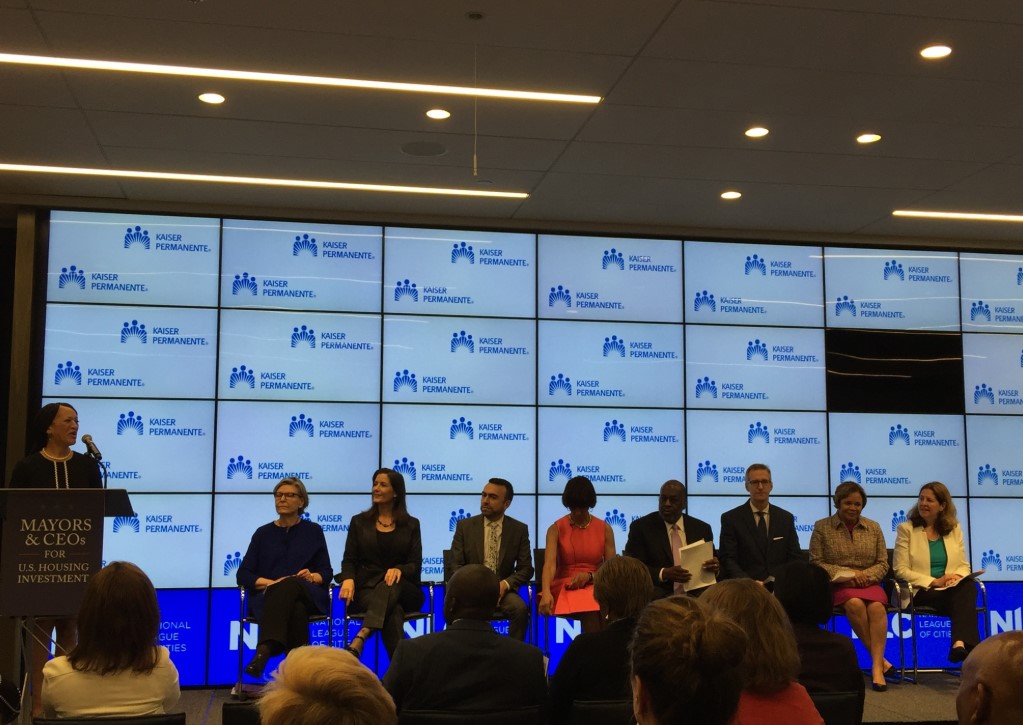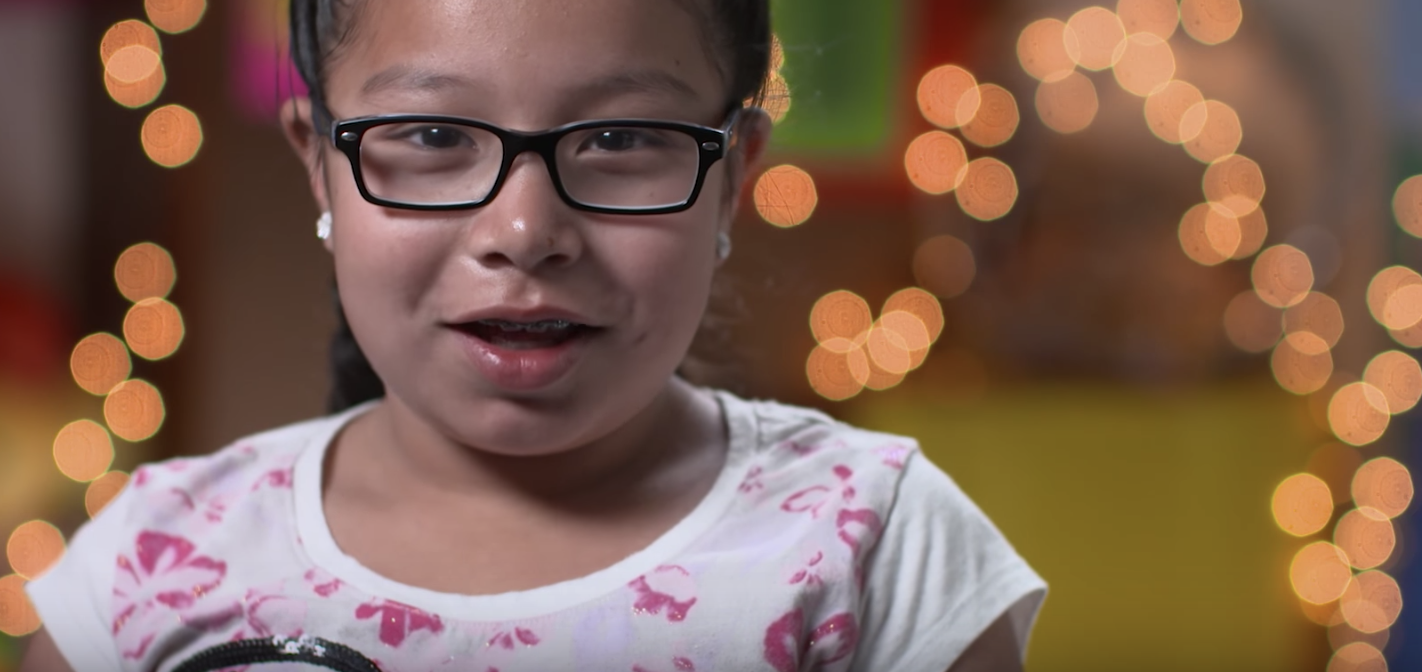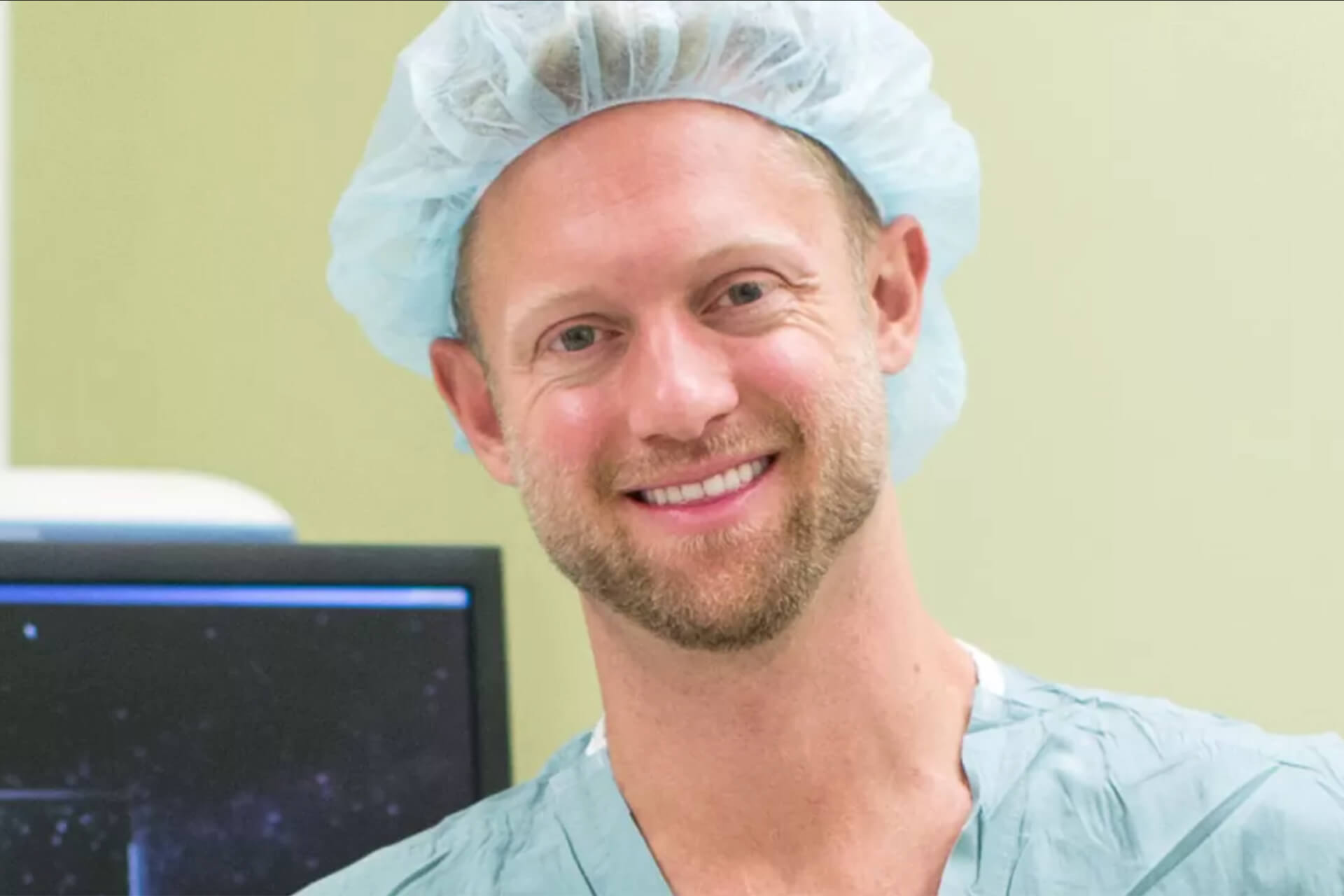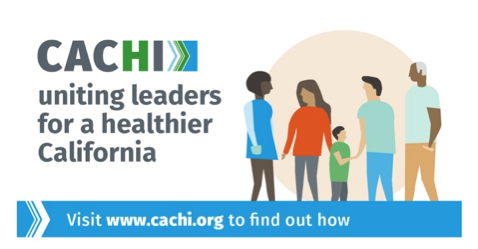Tomorrow, March 30, 2013, is National Doctors’ Day. It’s a time to pause and consider the physicians who have dedicated their lives to helping us stay healthy and to getting us well when we are not.
In honor of the holiday, Kaiser Permanente is profiling a few doctors from within its organization on the Kaiser Permanente News Center. Interviews and stories about these physicians are also accessible through this article.
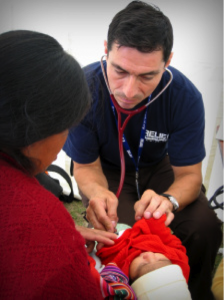 Another group of doctors worth celebrating today are physicians who donate their time and services to populations, both domestically and internationally, in response to natural disasters and health crises. Kaiser Permanente’s “Dispatches from…” is an award-winning blog where caregivers share their stories of volunteering their talents across the globe.
Another group of doctors worth celebrating today are physicians who donate their time and services to populations, both domestically and internationally, in response to natural disasters and health crises. Kaiser Permanente’s “Dispatches from…” is an award-winning blog where caregivers share their stories of volunteering their talents across the globe.
The latest ‘Dispatches’ entry is an interview with Hernando Garzon, MD, who is the director of Kaiser Permanente Global Health Programs, an emergency room physician at Kaiser Permanente Sacramento, and the medical director of Sacramento County’s Emergency Medical Services. Garzon was one of the first doctors on the ground in Haiti following the massive and devastating earthquake in January 2010.
Garzon was interviewed recently shortly before leaving for his latest mission in Central America. Here is an excerpt from that interview:
In your experience, what roles do doctors play in disaster relief efforts beyond providing medical care?
During relief efforts, people may come for medical attention and also ask, “Can you help me find my cousin?” or, “Can you help me find my sister?” In the spirit of humanitarian relief, we do whatever we can. Frequently, we build contacts with not just the health care, but everything else. Depending on the organization we work with we get involved with other programs—water sanitation, distribution of non-food items, those sorts of things. We try to meet the other needs as well. Every disaster has been different.
During the earthquake in Pakistan in 2005, I felt very much like an ambassador for the United States. Pakistanis were shocked that we would come to help them. So we also serve a peace-building, ambassador-type of role.
You can read the rest of the interview here.

